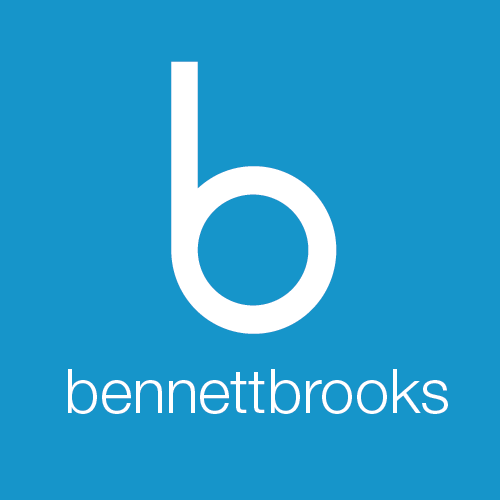If you are self-employed you will hopefully have been made aware of the changes coming into force around the Basis Period Reform
So what is it?
Introduced in the 2021-22 Finance Bill, the measure aims to change the way in which sole traders and partnerships are taxed. Moving away from being taxed on profits earned in an accounting period ending within a tax year, to being taxed on profits earned in the tax year (6 April to 5 April).
To ease the change ahead of 2024/25, a transitional period was introduced that would enable any overlap profits to be deducted and additional tax to be spread over a five year period.
Transitional year 2023/24
For those with a 31 July year end for example, the tax return for 2022/23 that was due to be filed by 31 January 2024 would have reported profits to 31 July 2022. To align with the new rules, the tax payer would have two options:
- Change the reporting date to 5 April 2024 (also allowed to be 31 March 2024 for ease), therefore for 2023/24 would be reporting from 1 August 2022 to 31 March 2024.
- Maintain a 31 July year end, but report profits for the year to 31 July 2023 and include 8/12 of the profits for the accounting year to 31 July 2024.
In each case we have the burden of reporting and tax being paid on a 20 month period. The additional 8 months are known as the transitional profits element. As mentioned above, for the transitional year only, overlap profits previously incurred can be deducted from the transitional profits and the tax on the remaining profits be spread over 5 years.
Potential issues
As well as being quite daunting to the tax payer, a number of problem areas can arise.
Firstly, with changes in tax advisers and software, as well as some of them possibly being earned pre 1996/97 with the advent of self-assessment, details of overlap profits may not be readily available. Although these can be requested from HM Revenue & Customs, we are finding delays and mixed results in obtaining the information!
Secondly, should the second option be selected in the example above for the tax payer with a 31 July year end, accounts would have to be completed in good time for the year ended 31 July 2024 to enable the proportion of profit to be included ahead of the 2023/24 filing deadline of 31 January 2025. This would be feasible in most cases, but what if you had a 30 November or 31 December year end? How likely is it that you will have 2024 accounts information within a matter of weeks? Although HMRC will permit estimates, additional work will be involved in amending tax returns when final figures are known.
What to do now
Although it may initially sound complex, Basis Period Reform is designed to simplify tax reporting. Now is a good time to speak to us, so that a decision be made between calculating transition period profits or aligning the accounting year with the tax year.
Mike Snape
Client Director at our Chester Office
mike.snape@bennettbrooks.co.uk
Get in touch with our friendly team now.






